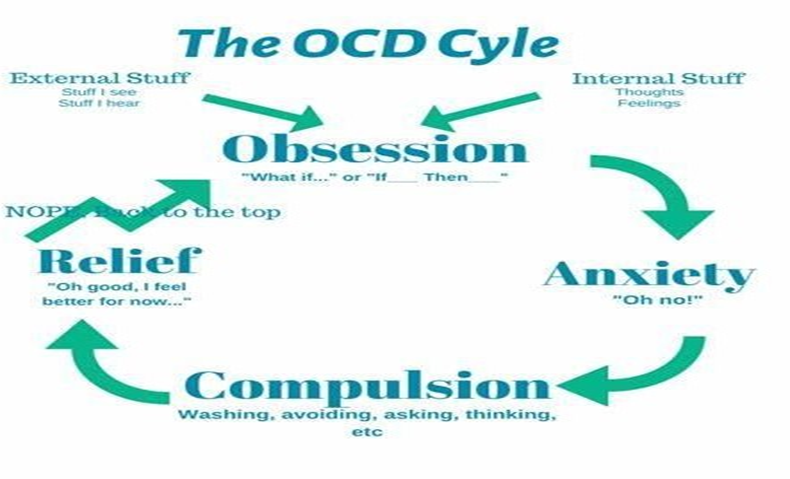A client with borderline personality disorder says to the nurse, "I feel so comfortable talking with you. You seem to have a special way about you that really helps me." Which would be the most appropriate response by the nurse?
"I'm glad you feel comfortable with me."
"I am sorry I cannot be your friend."
"You feel other's don't understand you?"
"I'm here to help you just as all the staff members are."
The Correct Answer is D
D. It acknowledges the client’s comfort while emphasizing the nurse’s professional role. It sets clear boundaries and reinforces that the nurse’s primary purpose is to provide care and support within the therapeutic context.
A. This response acknowledges the client’s feelings but does not set clear boundaries. It may
inadvertently encourage the client to view the nurse as a friend rather than a professional caregiver.
B. While this response establishes boundaries, it may come across as abrupt or cold. It lacks empathy and understanding.
C. This response reflects empathy and encourages further exploration of the client’s feelings. However, it does not address the professional boundaries explicitly.
Nursing Test Bank
Naxlex Comprehensive Predictor Exams
Related Questions
Correct Answer is ["D","E"]
Explanation
A. In OCD, individuals typically experience intrusive thoughts, images, or urges (obsessions) that cause anxiety or distress, rather than a specific fear of certain objects. While individuals with OCD may engage in compulsive behaviors related to their obsessions.
B. Rule-conscious behavior refers to a strict adherence to rules or regulations. While individuals with OCD may exhibit perfectionist tendencies and a need for orderliness, rule-conscious behavior is not a defining characteristic of OCD.
C. Individuals with OCD may experience difficulty relaxing due to the persistent nature of their obsessions and compulsions. Obsessions can trigger anxiety or distress, making it challenging for individuals with OCD to relax or engage in leisure activities without intrusive thoughts interfering. However, difficulty relaxing is not specific to OCD and can occur in other anxiety disorders as well.
D. Perfectionism is a common feature of OCD. Individuals with OCD often have unrealistic standards for themselves and may engage in compulsive behaviors to achieve a sense of perfection or symmetry. They may feel compelled to repeat tasks until they are "just right" or perform rituals to prevent perceived harm or catastrophe.
E. In OCD, individuals are typically aware of their compulsive behaviors, although they may feel driven to perform them to alleviate anxiety or prevent perceived harm. Compulsions are repetitive behaviors or mental acts that individuals feel driven to perform in response to obsessions or according to rigid rules.

Correct Answer is B
Explanation
B. PPD requires timely intervention, and antidepressant medications can be effective in managing symptoms. Anticipating a prescription allows the nurse to prepare for the next steps in the client’s care.
A. While assessing for suicidal or harmful thoughts is essential, it is not the priority in this situation. The client’s symptoms (feeling “down,” sadness, lack of energy, and wanting to cry) are indicative of postpartum depression (PPD), and addressing her emotional well-being is the immediate concern.
C. While coping skills are important, focusing on the family’s coping mechanisms is not the priority at this moment. The client’s individual needs related to PPD take precedence.
D. Although postpartum and newborn care education is essential, it is not the priority when the client is experiencing symptoms of depression. Addressing the client’s emotional state and ensuring appropriate treatment are more urgent.
Whether you are a student looking to ace your exams or a practicing nurse seeking to enhance your expertise , our nursing education contents will empower you with the confidence and competence to make a difference in the lives of patients and become a respected leader in the healthcare field.
Visit Naxlex, invest in your future and unlock endless possibilities with our unparalleled nursing education contents today
Report Wrong Answer on the Current Question
Do you disagree with the answer? If yes, what is your expected answer? Explain.
Kindly be descriptive with the issue you are facing.
